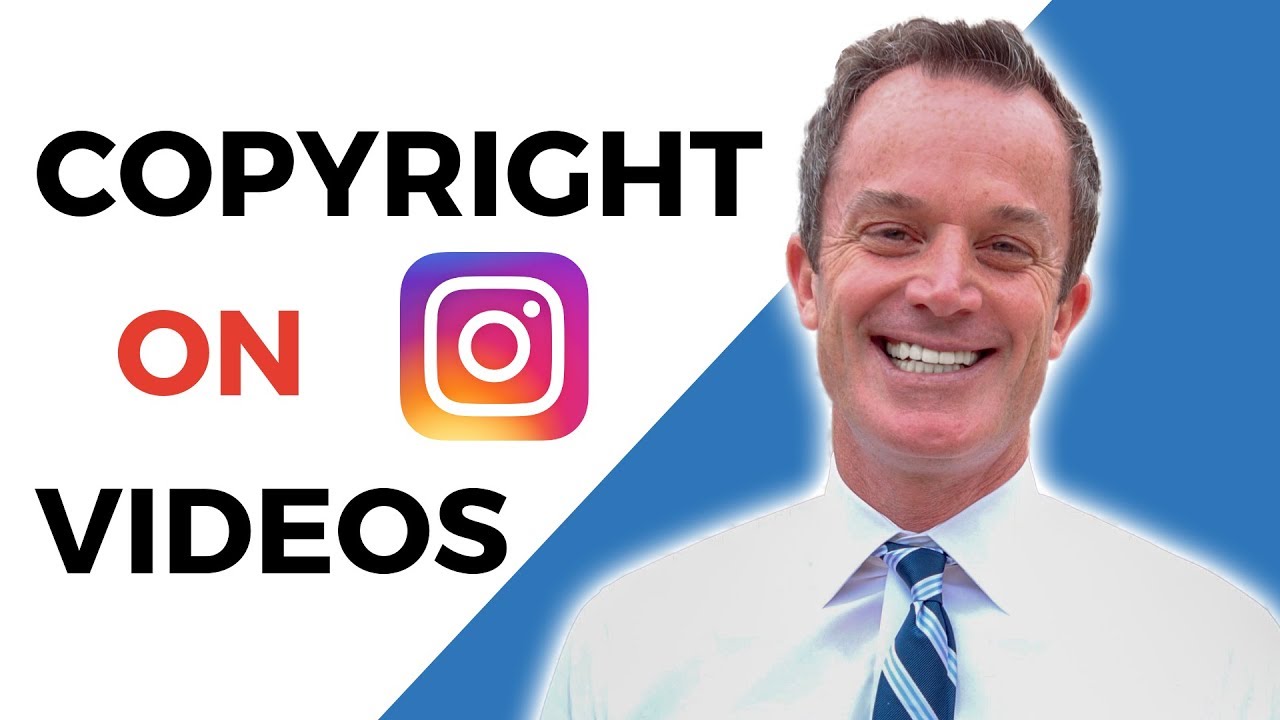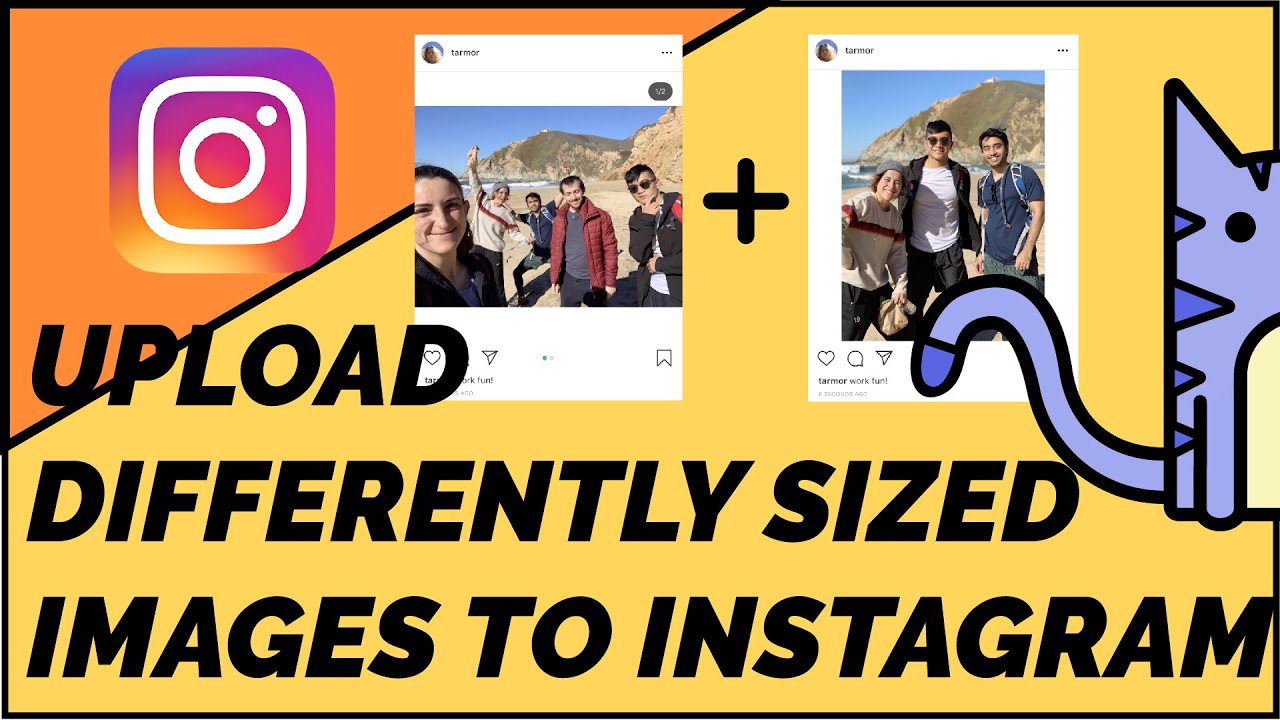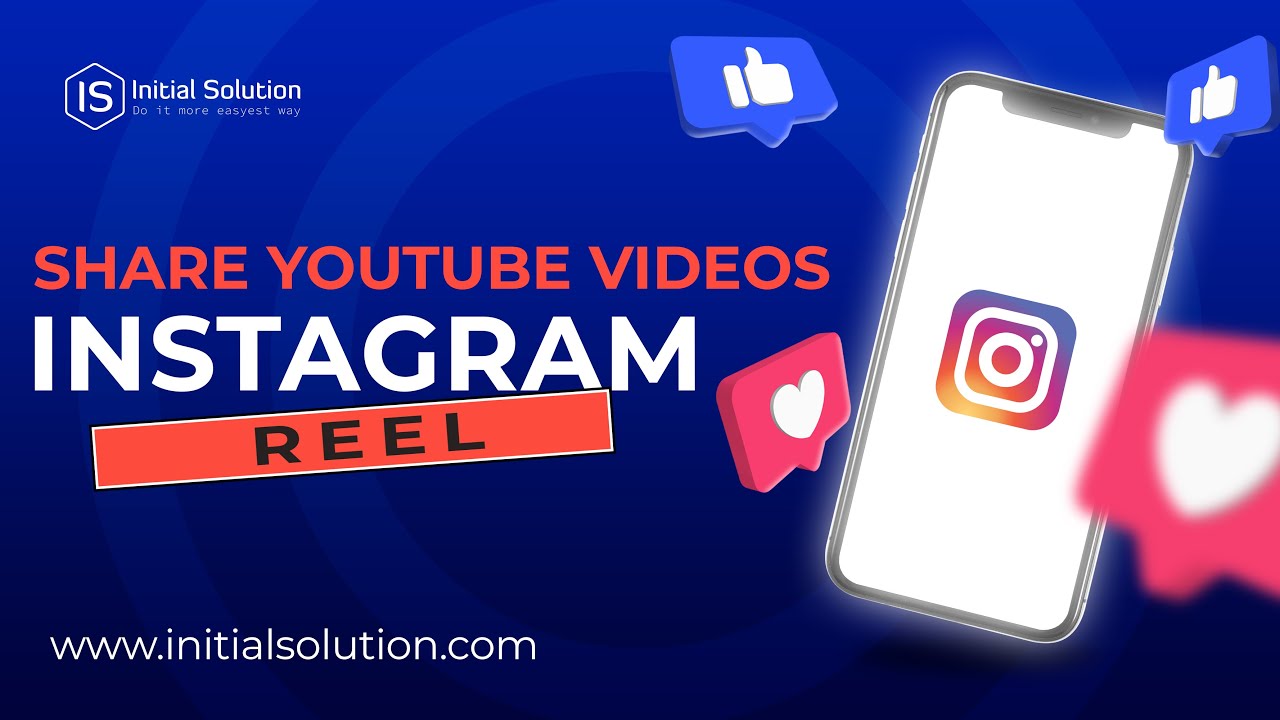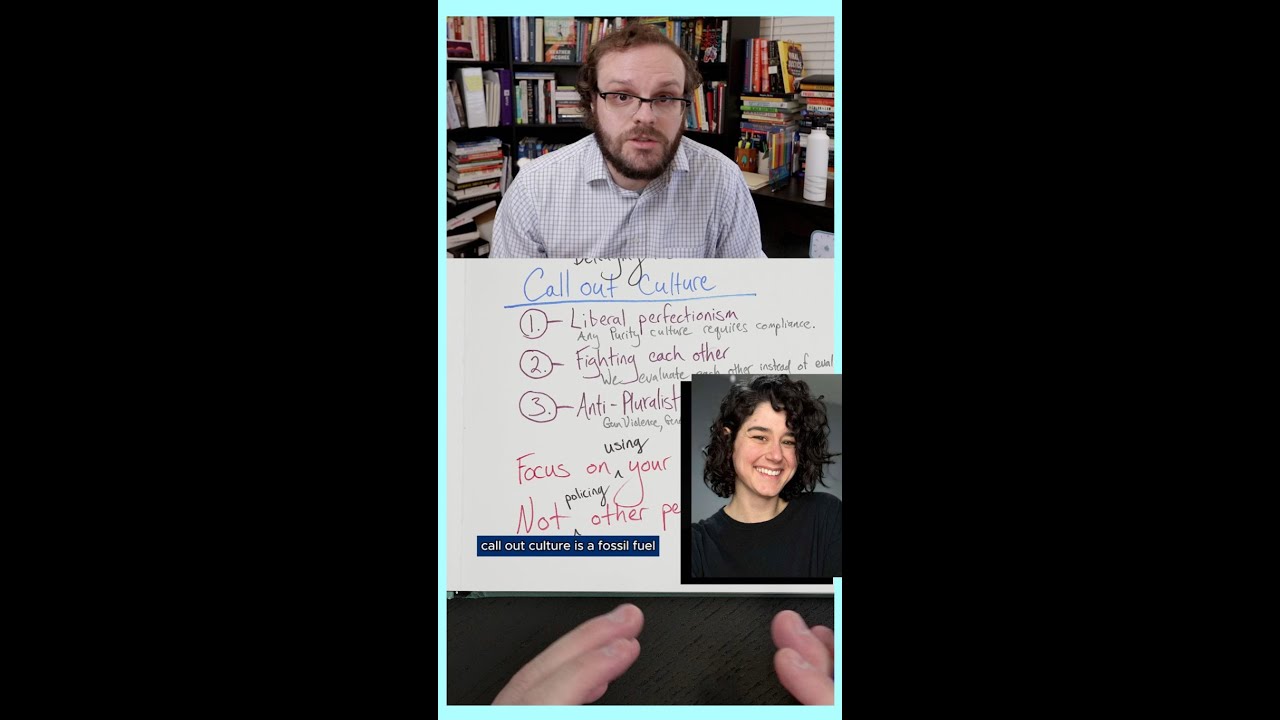How to avoid copyright issues on instagram: essential tips for creators

Understanding Copyright on Instagram
Instagram, a platform that allows users to sharing photographs, videos, and stories, is often misused when it comes to copyrights. Understanding the basics of copyright is essential for anyone looking to create and share content legally. Copyright is a form of protection given to the creators of original works, including literature, music, and art. This means that if you use someone else’s material without their permission, you could be infringing on their rights.
The repercussions of copyright infringement can range from a simple takedown notice to legal action. This makes it crucial for creators to know how to navigate the Instagram landscape without stepping on the toes of copyright holders.
Essential Tips for Creators: How to avoid Copyright Issues on Instagram
1. Create Original Content
The easiest way to stay clear of copyright difficulties is to generate your own material. Original content creation not only showcases your creativity but also eliminates any worries related to copyright infringement. Here are some tips to help you:
- Photographs: Capture your own photos rather than using images from the internet
- Videos: Film your own videos instead of repurposing existing ones.
- Graphics and Artwork: Design your own graphics using tools like Canva or Adobe Illustrator.
- Music: Use royalty-free music or create your own sound.
2. Seek Permission for Reposting
If you wish to feature someone else’s content, always ask for their permission. This is not only a respectful practice but also helps you avoid copyright issues on social media. Here’s how you can go about it:
- Direct Message: Reach out via DM to the original creator and request permission.
- Citation: If granted permission, make sure to credit the original creator in your post.
- Link Back: Provide a link to the original content if applicable.
3. Use Stock Images and Videos
Stock photos and videos are an excellent alternative if you can’t produce your own content. Websites like Unsplash, Pexels, and Shutterstock offer a vast range of media that you can legally use without infringing rights, provided you follow their licensing agreements.
4. Watermark Your Own Content
When sharing your photographs or videos on platforms like Instagram, consider watermarking your content. This practice can help establish your ownership, making it harder for others to misuse your material without acknowledgement. Additionally, it’s a good habit to make your brand easily recognizable.
Understanding Fair Use and Its Implications
Fair use is a legal doctrine that allows limited use of copyrighted material without needing to seek permission. However, the details surrounding fair use can be tricky, especially on platforms like Instagram.
In general, fair use is determined on a case-by-case basis considering several factors:
- Purpose and Character: Are you using the material for commercial purposes or for nonprofit educational reasons?
- Nature of the Copyrighted Work: Published works are more likely to fall under fair use than unpublished ones.
- Amount and Substantiality: How much of the work are you using? The less you use, the more likely it is to be considered fair use.
- Effect on Market Value: Does your usage negatively affect the market for the original work?
For instance, creating a reaction video with short clips of someone else’s video might be permissible under fair use, but using a whole song in your reels would likely lead to copyright problems.
Tools and Resources to Help You Stay Compliant
Many tools and resources can assist you in avoiding copyright issues on Instagram. Below are some platforms and digital utilities that can safeguard your creative endeavors:
1. Copyright Protection Services
Using services like Pixsy or ImageRights can help track unauthorized use of your images online. These platforms monitor the web for instances where your photography might be used without your permission and can assist you in taking action.
2. Creative Commons Licenses
Creative Commons licensing allows creators to communicate which rights they reserve and which they waive. Using content licensed under Creative Commons can help you share materials while also sticking to legal requirements. You simply need to comply with the given terms of the specific license.
3. Educational Resources and Workshops
Taking part in workshops or online courses can expand your understanding of copyright laws. Platforms like Skillshare and Coursera offer courses focusing on copyright laws and online content creation best practices.
4. Legal Consultation
If you’re serious about content creation and concerned about possible copyright issues, consulting a legal professional can be a wise investment. They can provide you guidance tailored to your specific needs and help ensure that your content aligns with copyright laws.
The Importance of Copyright Awareness for Brands and Influencers
For brands and influencers, staying informed about copyright practices is crucial for maintaining a strong and reputable online presence. The risks of copyright infringement can lead to substantial financial consequences and detrimental impacts on your reputation. Here are some key reasons why copyright awareness is essential:
1. Protecting Your Brand
Copyright helps safeguard your creative output. It signals to your audience that you value originality and have a unique brand identity that differentiates you from competitors.
2. Building Trust and Credibility
Adhering to copyright laws increases your credibility within your industry. By acknowledging other creators’ rights and producing original work, you build trust with your audience and peers alike.
3. Long-term Sustainability
Staying compliant with copyright laws not only keeps you out of legal trouble but also fosters a sustainable business model. When you cultivate an ethical content strategy, you position yourself for long-term growth.
4. Develop Collaborations
Respecting copyright can open doors for collaborations with other creators. When your peers see you taking the necessary steps to protect their rights, they may be more inclined to partner with you in the future.
In summary, copyright issues pose a significant risk for creators on platforms like Instagram. Understanding the fundamentals of copyright law, creating original content, seeking permission when necessary, leveraging stock images, and utilizing copyright protection services can minimize the risk of infringement. Being proactive about copyright fosters a thriving community of creators and helps maintain the integrity of your brand. So embrace these practices to ensure your Instagram experience is both creative and legally compliant, allowing you to concentrate on what you do best: creating.






